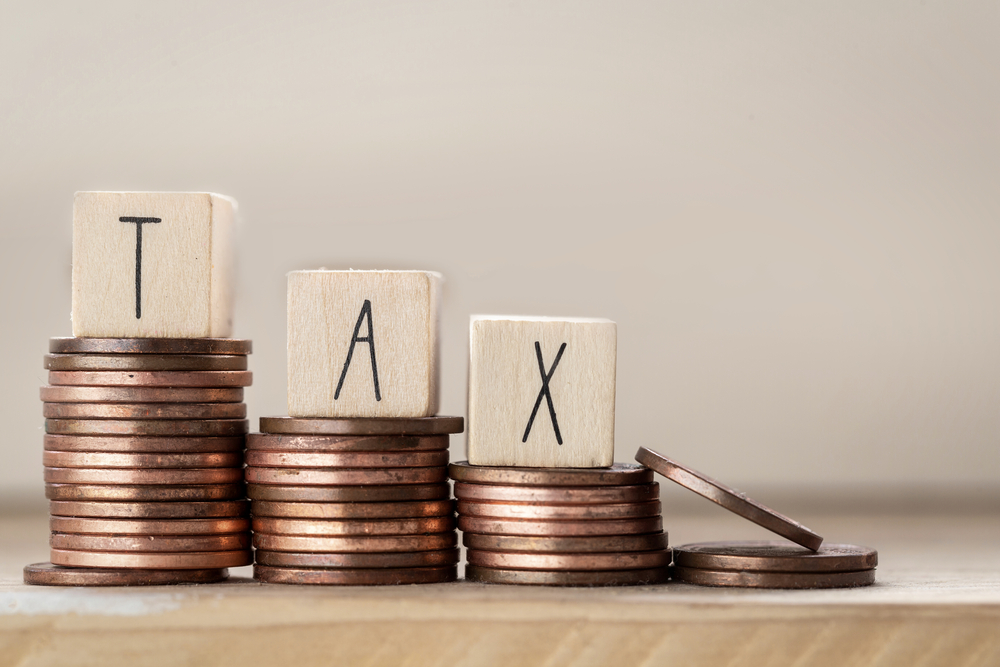Furnished Holiday Lettings Tax Resources & Guides
Furnished holiday lets tax relief abolished
Jeremy Hunt, the Chancellor of the Exchequer, has announced in his 2024 budget that he will abolish the furnished holiday lettings tax regime.
Currently, holiday let landlords enjoy far greater tax advantages than buy-to-let landlords who let out residential properties to longer term tenants. They are entitled to deduct more costs including; costs incurred from furnishing properties, mortgage interest, the cost of replacing fixtures and furnishings, ongoing expenses such as cleaning costs, utility bills and the ability to reduce capital gains tax in certain circumstances.
The move is designed to ease the housing crisis in popular tourist destinations such as Cornwall and the Lake District, where local people struggle to find affordable homes or long-term rentals due to the number of holiday lets.
By removing the tax perks, he believes it will encourage more second home owners to sell their properties, therefore increasing the supply of homes for locals to live in full-time or rent to long-term tenants. With a similar tax treatment to buy-to-lets, there will be less of an incentive for landlords to opt for short-term lettings over renting to long-term tenants.
However, critics have warned that removing the holiday let tax advantages will not solve the housing crisis, but lead to owners selling up and decimating areas that rely on the tourist income that holiday lets generate.
Draft legislation for abolishing the FHL Tax regime has been published and the current furnished holiday lettings tax benefits are set to be abolished from 6 April 2025.
Capital gains tax cut
Buy-to-let landlords planning to sell their second home were handed a tax cut by the Chancellor in the budget. From 6 April, the Government will cut the capital gains rate for higher rate taxpayers from 28 per cent to 24 per cent. CGT is charged on the profit landlords make when they sell their a property.
Further Information
Furnished holiday lets – abolition of special tax rules from tax experts Francis Clark.
PASC and Francis Clark have also published and update.
We will update this page as news on the tax changes are released.

